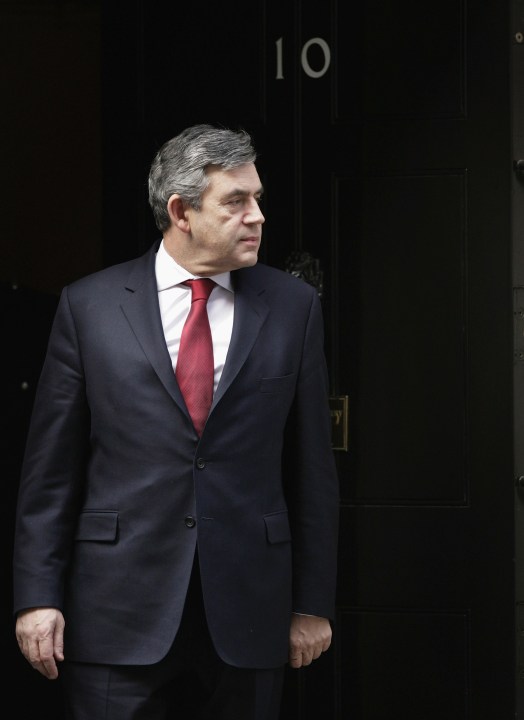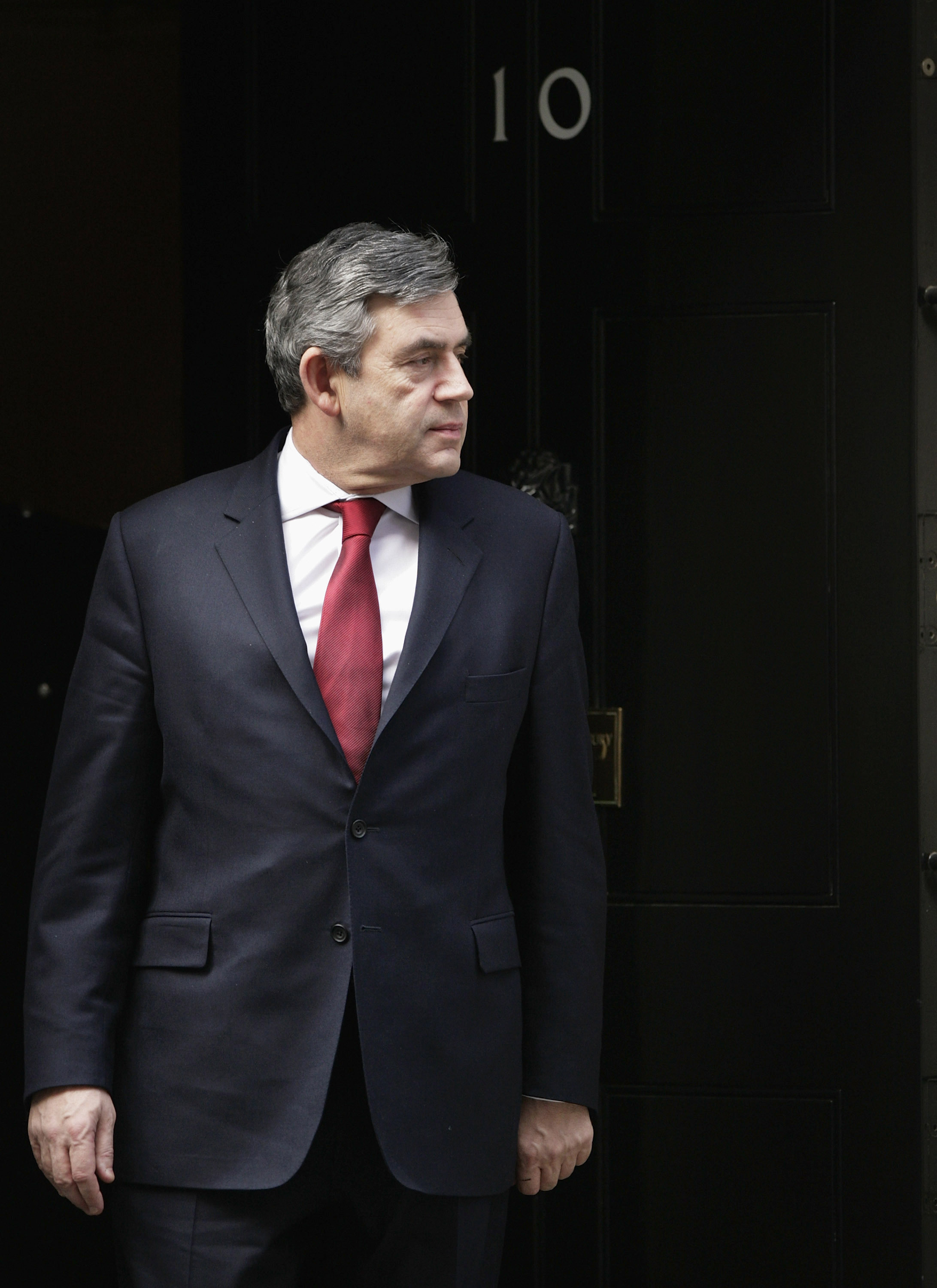 Why are all these Labour MPs worried about the 10p tax? It is the least of the ways in which this Labour government has hurt the poor over its years in government. Let me count the ways – well, half a dozen anyway:
Why are all these Labour MPs worried about the 10p tax? It is the least of the ways in which this Labour government has hurt the poor over its years in government. Let me count the ways – well, half a dozen anyway:
1) Sink schools. By granting LEAs monopoly control over education provision, bureaucrats have keep bad schools going by forcing children there. It’s the children of the poor, however. Reform points this out in its excellent social mobility report today (pdf, p15). While 47 per cent of students achieved five decent GCSEs last year, this was true for just 20% of those eligible for free schools meals. The inequality is getting worse, not better. To paraphrase Neil Kinnock, is this because the poor kids are thick? Nope. It’s because the Labour Party is on the side of the system – and not the poorest pupils.
2) Worst Hospitals. The NHS, like all bureaucracies, responds best to those who complain loudest – the middle class. So the poorest get the worst deal. Patients in deprived areas, despite being in more need of hip replacements are much less likely to get them – as this seminal Civitas pamphlet shows.
3) Poorest getting poorer. In 2001/02 the disposable income of the poorest 10% was £91 a week. The latest data (for 2005/06) has it as £89 a week (pdf, p100). These are real-terms comparisons with a staggering truth: the poorest are now getting poorer under Labour. Why? Because Brown’s policies are focused on those just below his made-up poverty boundary of 60% of the average income. Cross this arbitrary boundary and you (and your children) can be deemed “lifted out of poverty” and inserted in a Labour Party speech. But the very poorest don’t stand a chance of crossing this boundary – so they are forgotten. Leftie disdain for the lumpenproletariat is alive and well.
4) Welfare Dependency. When Labour came to power 5.7m were on out-of-work benefits. After ten years of the economic boom it’s 5.2m – most of the new jobs have gone to or been created by immigrants on whose work ethic Brown has depended. Once, Labour referred to idleness as a “giant evil”. Now, Brown has institutionalised it.
5) Protection from crime. Those living in poor neighbourhoods are 2 times as likely to be robbed and 2.5 times as likely be a victim of violent crime than those living in rich ones, according to the Home Office (pdf, p117). Where I live in Richmond, police are now everywhere – especially fond of patrolling the crime-free towpath of a spring evening. Head into the crime-ridden estates and there’s barely a police car to be seen. You’re now more likely be shot in Lambeth than East Bronx – but people like me are safer than ever.
6) Taxation. Since Labour came to power the number of income tax payers has rocketed by 20% to 31.6m as more and more of the low-paid are being outrageously caught in the tax trap. Then asked to apply for some of their money back in tax credit and be grateful for it. A quarter of those eligible for tax credits don’t claim them, and don’t enter this labyrinth of paperwork. Result? Brown’s cunning “fiscal drag” has ensnared in his complex tax system millions of families struggling to make ends meet. (HMRC pdf, p2). These are the people hit when the starting rate of tax is doubled to 20p.
Labour’s mistake is embracing top-down government as the best means of promoting social justice. A bureaucracy will only ever serve the needs of those who complain the loudest (and, of course, serve itself). The Blairites realised this, and their battle with the Labour Party showed them to be in a minority. It is not the party of the poorest, not any more. It is now the political wing of British state bureaucracy. Brown, of course, personifies misplaced faith in this malfunctioning, parasitical machine.
Had the Blairites continued in power, and won the battle over the party, they may have done something about it. Now, only a Tory government can smash rotten education cartels by giving the poor access to new start-up independent schools. Only the Tories will make police chiefs locally (not bureaucratically) accountable. My guess is that the Tories will, closer to the election, lift many of the low-paid people out of tax altogether. And only the Tories will assess all of the 5.2m on the welfare roll for what work they can do – and compel people to do it using work as the best source of welfare. The NHS under the Tory non-policy will, alas, get even worse for everyone. But I suppose you can’t have everything.
So if the Labour MPs are serious about making life better off for the poorest, they should not waste their energies rebelling against the 10p tax now. They should keep their wrath warm until 6 May 2010 – and then vote Conservative.








Comments